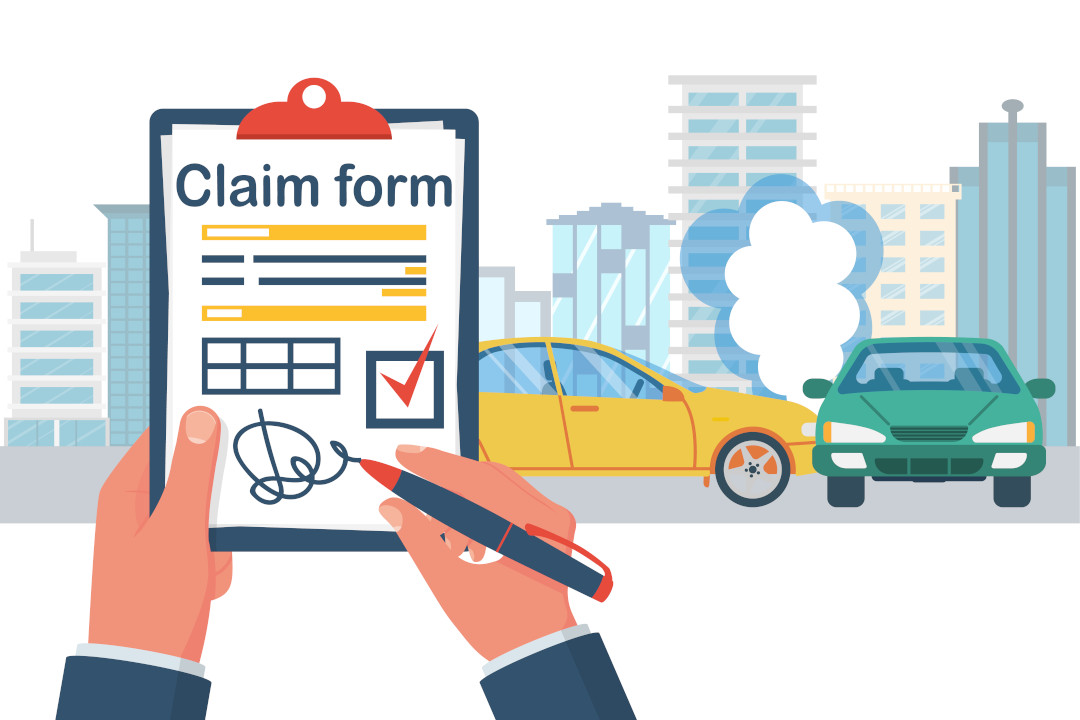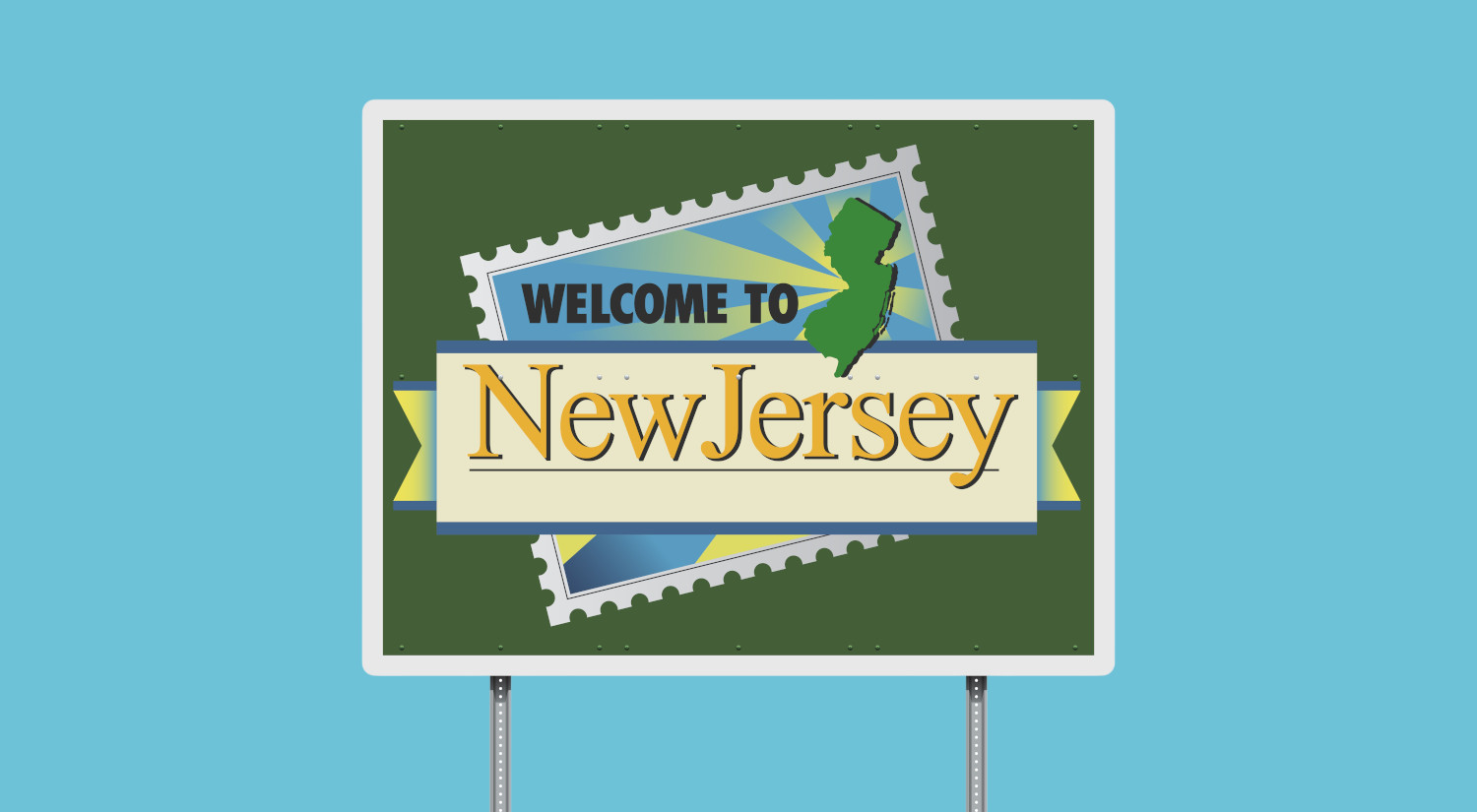
Can you sue for injuries after a car accident in New Jersey? An analysis of the verbal threshold (or limitation on lawsuit) and the deemer statute
The State of New Jersey has some of the most complex auto accident laws in the country. However, among the scheme of auto accident laws in New Jersey, two laws in particular are widely misunderstood: the verbal threshold (also known as the limitation on lawsuit) and the deemer statute.
History of the Verbal Threshold/Limitation on Lawsuit in New Jersey

New Jersey utilizes a “no-fault” law, which was first enacted as part of the New Jersey Automobile Reparation Reform Act. L. 1972, c. 70. The recommendation to adopt a no-fault system came from the Automobile Insurance Study Commission, with then-Governor William Cahill believing that the proposed system would “result in the motoring public’s securing protection at a lesser cost, expediting the relief of the accident victim…and yet preserv[e] that victim’s right to full and adequate compensation.” Governor William T. Cahill, Second Annual Message 55 (Jan. 11, 1972). Thus, the initial intention was to reduce insurance premiums and reduce the backlog of lawsuits that courts were facing.
Effective as of 1973, the no-fault law required insurance companies to provide their insureds with unlimited medical expense benefits without regard to fault (known as Personal Injury Protection or “PIP” coverage). In exchange, the law limited an injured individual’s right to sue for pain and suffering, requiring $200 in medical expenses before an individual had the right to sue. Then, a second limitation was introduced in 1977 due to the significant burden placed on insurance companies, which capped medical expense benefits at $75,000 and shifted excess to the Unsatisfied Claim and Judgment Fund (UCJF). N.J.S.A. 39:6A-4(a) (1977).
Despite these changes and several other amendments thereafter, insurance premiums continued to increase. Therefore, the New Jersey Legislature passed the New Jersey Automobile Insurance Freedom of Choice and Cost Containment Act of 1984. L. 1983, c. 362. Under this revision, insureds were provided the options to select policies with deductibles, N.J.S.A. 39:6A-4.3(a) (1984); to forego coverage for lost wages, essential services, and funeral expenses, N.J.S.A. 39:6A-4.3(b) (1984); and limitations on lawsuits for non-economic losses could be selected, N.J.S.A. 39:6A-8 (1984).
Still, however, premiums continued to rise dramatically, as the then-existing $200 threshold for lawsuits was too low to act as a sufficient bar for frivolous lawsuits. Therefore, the Legislature made additional amendments: N.J.S.A. 39:6A-8 (1988) and the Fair Automobile Insurance Reform Act of 1990. L. 1990, c. 8. These amendments mainly took aim at the limitless required PIP coverage and provided a cap at $250,000. N.J.S.A. 39:6A-4(a) (1990).
Against this backdrop, the Legislature enacted the most recent amendments to the insurance law provisions in 1998. There, a comprehensive set of amendments were made through the Automobile Insurance Cost Reduction Act (AICRA). L. 1998, c. 21. For instance, AICRA changed the arbitration process used for benefit disputes, N.J.S.A. 39:6A-5.1 (1998); established bases for determining whether treatments and diagnostic studies were medically necessary, N.J.S.A. 39:6A-4.7 (1998); created insurance options with limited coverage, N.J.S.A. 39:6A-3.1 (1998); and revised the threshold for suits for economic loss, N.J.S.A. 39:6A-8(b) (1998). The final amendment is where today’s verbal threshold/limitation on lawsuit issues mainly stem and will be looked at more fully in the next section.
How does the Verbal Threshold/Limitation on Lawsuit Law in New Jersey Work?

As set forth more fully above, the verbal threshold, otherwise known as the limitation on lawsuit, was introduced as a cost-containment measure. At its core, the verbal threshold/limitation on lawsuit fulfills “the legislative intent, which precludes a person from suing for pain and suffering, only if there is a quid pro quo for such loss, namely, the prompt payment of PIP benefits.” Beaugard v. Johnson, 281 N.J. Super. 162, 170 (App. Div. 1995). Therefore, the verbal threshold/limitation on lawsuit only exists if the injured individual has entered the PIP system and has not opted to pay higher premiums for the zero threshold option.
Whether an individual who has not selected the zero threshold option has entered the PIP system, however, may in some cases be a complicated determination. To determine whether an individual has entered the PIP system, the Appellate Division in Weiss v. Thomas, set forth a two-prong analysis. 274 N.J. Super. 37 (App. Div. 1994). The first prong directs an examination of the defendant's status, namely, whether the defendant is the owner or operator of an “automobile” and is entitled to receive no-fault PIP benefits under N.J.S.A. 39:6A-4. The second prong focuses on the plaintiff’s characteristics, namely whether the plaintiff is a person who is: 1) subject to the verbal threshold statute; and 2) is required to maintain PIP coverage or has a right to receive PIP benefits under N.J.S.A. 39:6A-4.
An injured individual is subject to the verbal threshold/limitation on lawsuit statute if the individual is a “named insured” under a New Jersey automobile insurance policy or is an “immediate family member residing in the named insured’s household.” Weiss supra at 43. Additionally, what is important to note, is that the statute is conjunctive, which means that the injured individual must not only be subject to the verbal threshold/limitation on lawsuit statute but must also be “either a person who is required to maintain [PIP] coverage ‘or’ a person who has a right to receive [PIP] benefits.” N.J.S.A. 39:6A-8a.
Therefore, the crux of the statute is that although an individual may be precluded from suing for non-economic loss, they will receive prompt payment of medical expenses.
I am subject to the Verbal Threshold/Limitation on Lawsuit, can I still sue? (Exceptions)

Even if an individual is subject to the verbal threshold/limitation on lawsuit, eleven (11) exceptions exist. First, there are six (6) medical injury exceptions, all requiring significant injuries. Then, there exist five (5) special circumstances where the verbal threshold/limitation on lawsuit will not apply.
Medical Injury Exceptions
An individual subject to the verbal threshold/limitation on lawsuit may be able to overcome the verbal threshold and sue the at-fault driver if their injuries fall into one or more of six (6) medical injuries. These six (6) categories are based on the severity of the injuries and include:
- Death;
- Dismemberment;
- Loss of a fetus;
- Significant disfigurement or significant scarring;
- Displaced fractures; and
- Permanent injury.
Therefore, even if an injured individual chose the verbal threshold/limitation on lawsuit, the individual may still be able to sue the negligent driver if the accident resulted in any of the above.
The first five categories are straightforward. The bulk of litigation occurs in the sixth category, a permanent injury and whether one has been sustained. The statute provides further guidance and defines a permanent injury as one where: “the body part or organ, or both, has not healed to function normally and will not heal to function normally with further medical treatment.” Id. Consequently, injuries that last only temporarily, such as a soft tissue injury, will most likely not qualify as a permanent injury, barring the individual from pursuing non-economic damages.
AICRA additionally requires injured individuals seeking to overcome the verbal threshold/limitation on lawsuit to submit a certification from a physician indicating that they have suffered one of the above six (6) injuries, no later than sixty (60) days of the date the defendant files an Answer to the Complaint. This is known as a Certification of Permanency.
Special Circumstances
In addition to severe injuries, the verbal threshold/limitation on lawsuit will not apply in the following five (5) circumstances:
- A named insured under a New Jersey policy who elects the No Limitation on Lawsuit option;
- A resident spouse or child of a named insured under a New Jersey policy who has selected the No Limitation on Lawsuit option, provided that the spouse or child is not a named insured under another policy;
- An individual who suffers an injury caused by a commercial vehicle not covered by Personal Injury Protection (PIP);
- Out-of-state residents who are injured in New Jersey and are insured by a carrier that is not authorized to conduct business in New Jersey (see deemer statute below);
- A person not required to maintain PIP coverage.
Again, the first four (4) are relatively straightforward. The fifth (5th) exception is likewise straightforward, but some examples may be needed for further clarification. For instance, a person is not required to maintain PIP coverage if they do not own a vehicle and were a pedestrian, permissive user of a motor vehicle, or a passenger in a vehicle. However, note exception two (2), which will subject an individual to the verbal threshold/limitation on lawsuit if a resident relative is insured under a policy with the verbal threshold/limitation on lawsuit selected.
Out-of-State Drivers and the Deemer Statute

The deemer statute was first passed in 1985 and later amended in 1988. The statute extends New Jersey PIP coverage, among other benefits, to out-of-state residents involved in car accidents in New Jersey. It is codified at N.J.S.A. 17:28-1.4.
Pursuant to the statute, car insurance companies authorized to transact business in the State of New Jersey are required to provide full PIP benefits ($250,000). N.J.S.A. 39:6A-4. Whether a car insurance company is authorized to transact business in the State of New Jersey can be determined by searching the list located here. The police report concerning your accident will also set forth an insurance identification number (Box 25 for Vehicle 1 and Box 55 for Vehicle 2), directing you to the specific row on the aforementioned list.
The benefit of the deemer statute is that many out-of-state policies do not contain PIP benefits, as not all states have enacted “no-fault” laws. Therefore you are provided up to $250,000 for your medical expenses. However, if you are afforded this coverage, you have just entered the PIP system, and you will be subject to the verbal threshold regardless of whether you selected full coverage on your out-of-state policy.
The deemer statute may also work in your favor. For instance, if you are an out-of-state driver, insured with an out-of-state carrier that is not authorized to transact business in New Jersey, you will not enter the PIP system and therefore will not be subject to the verbal threshold. However, you will not be afforded PIP benefits, and you will have to recover your medical bills from the at-fault driver.
Contact a New Jersey Car Accident Lawyer
As you can see, New Jersey laws regarding car accidents are quite complex. Accordingly, as soon as possible, you should contact a New Jersey personal injury attorney. If you wish to discuss your legal options, Farrell & Thurman, P.C., offers a variety of convenient ways to schedule a free, no-pressure consultation. You may do so directly on our website (Schedule A Consult), via phone (609-924-1115), or by email (Contact Us).
